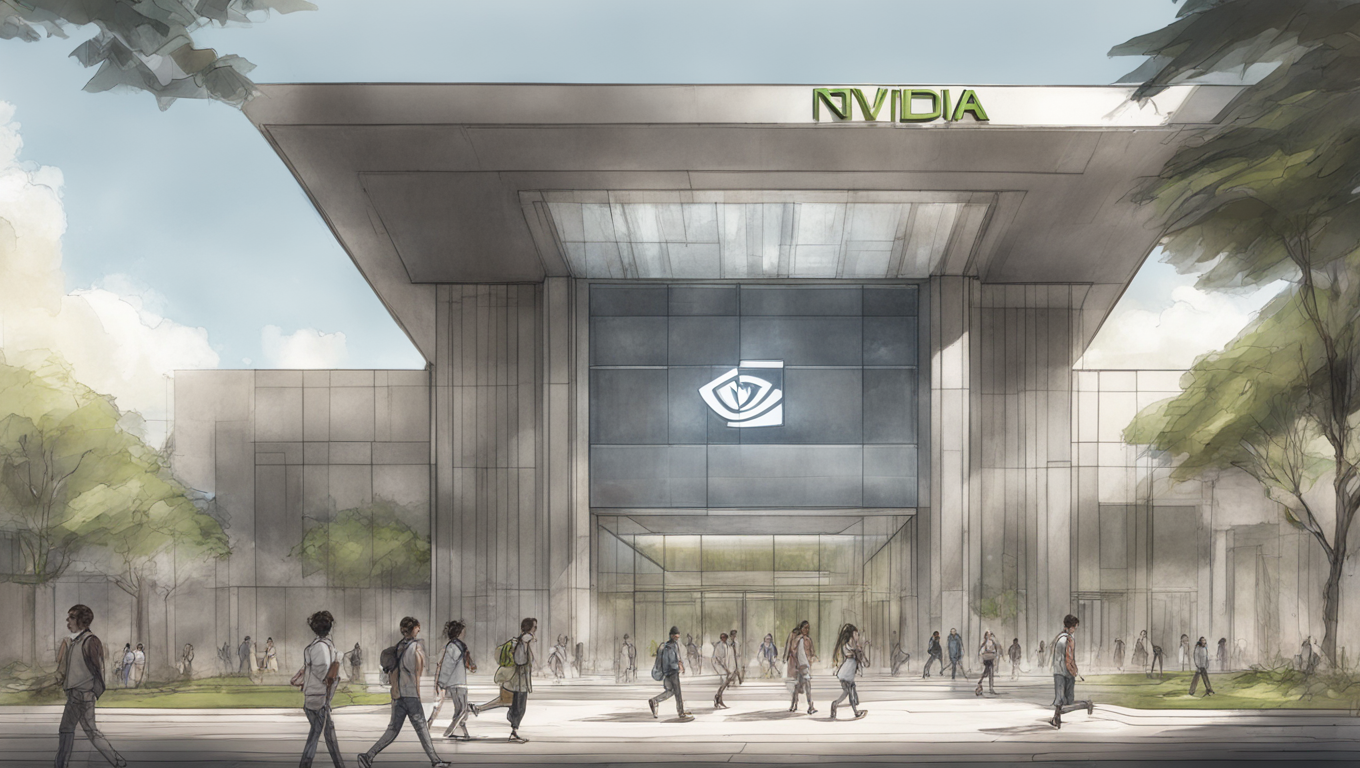2024 has been a year of remarkable advancements and significant controversies in the world of AI tools. As major tech companies like Google and Microsoft continue to push boundaries, startups such as Anthropic, Mistral, and OpenAI are also making waves with their innovative products. In this article, we will take a closer look at the top AI tools released in 2024 and the controversies surrounding them.
OpenAI, known for its groundbreaking language models, announced the release of its flagship model, ChatGPT-4o, in May. This AI chatbot is equipped with the ability to see, hear, and engage in real-time conversations. OpenAI claims that ChatGPT-4o is 50% cheaper and twice as fast as its predecessor, GPT-4 turbo. The product has received a major endorsement from Apple, which plans to integrate it into its latest operating systems. However, the release of ChatGPT-4o has faced delays due to improvements needed for its analytical skills. Additionally, controversy arose when actress Scarlett Johansson accused OpenAI of using her voice without her consent in the chatbot’s “Voice Mode.” OpenAI has since removed her voice from the feature.
Apple, not to be outdone, unveiled its AI project, Apple Intelligence, at its annual Worldwide Developers Conference in June. The project encompasses a range of new AI features that will be available in beta mode this fall. One notable feature is the use of AI in Siri, which now processes personal information on users' iPhones to respond to specific requests. This update allows Siri to show photos of loved ones or perform actions in apps, such as editing photos or sending messages. Apple is also partnering with other AI software providers, including OpenAI and Google, to bring their chatbots to its devices.
Google made headlines at its I/O developer conference in May with the introduction of its expert AI assistant, which can see through users' phones and even smart glasses. This assistant, built on Google’s existing chatbot called Gemini, aims to become a universal AI agent for users' everyday lives. Google also released updated chatbot models, Gemini 1.5 Pro and Gemini 1.5 Flash, as well as an improved image-generator called Imagen 3.
Meanwhile, Microsoft showcased its commitment to AI with its Copilot Plus PCs. These AI-equipped laptops feature powerful Arm-based chips that enable on-device AI tasks. However, the AI PC faced criticism over the privacy concerns surrounding its “Recall” feature, which takes periodic screenshots of users' activities. In response, Microsoft announced that the feature would be turned off by default.
Meta, formerly known as Facebook, introduced Llama 3, its next-generation open-source large language model in April. Llama 3 supports conversational AI on Meta’s platforms, including WhatsApp, Instagram, and Facebook Messenger. The open-source nature of Meta’s tool sets it apart, as it instills a higher level of public trust compared to other AI models.
Nvidia, a leader in AI hardware, revealed its next-generation AI chip called “Blackwell” in March. With 208 billion transistors, the Blackwell chip can handle AI models and queries more efficiently than its predecessors. This advancement follows the success of Nvidia’s H100 chip, named in honor of computer scientist Grace Hopper.
Rivaling OpenAI and Anthropic, Mistral introduced Codestral, a large language model fluent in 80 programming languages. Anthropic, on the other hand, released Claude 3.5 Sonnet, which surpasses OpenAI’s GPT-4 in important tasks and offers twice the speed of its previous model. Anthropic’s focus on safety and security sets them apart from other AI companies.
Adobe, a prominent design software giant, unveiled a series of generative AI tools, including GenStudio. This app allows users to create content using generative AI, manage brand assets, track campaign performance, and streamline workflows. The introduction of these AI tools contributed to Adobe’s record-breaking sales in the second quarter of 2024.
Salesforce, known for its CRM software, released Einstein Copilot, its AI chatbot for businesses. What sets it apart from other chatbots is its lower likelihood of generating false or nonsensical information, known as hallucinations. However, despite this innovative feature, Salesforce experienced a significant stock slump due to weaker-than-expected sales.
These are just a few examples of the major AI tools and controversies that have shaped the tech landscape in 2024. As AI continues to evolve and become more integrated into our lives, it is important to closely examine the benefits and implications of these advancements. The future of AI is bright, but we must remain vigilant in addressing ethical concerns and ensuring the responsible development and use of these tools.





Use the share button below if you liked it.